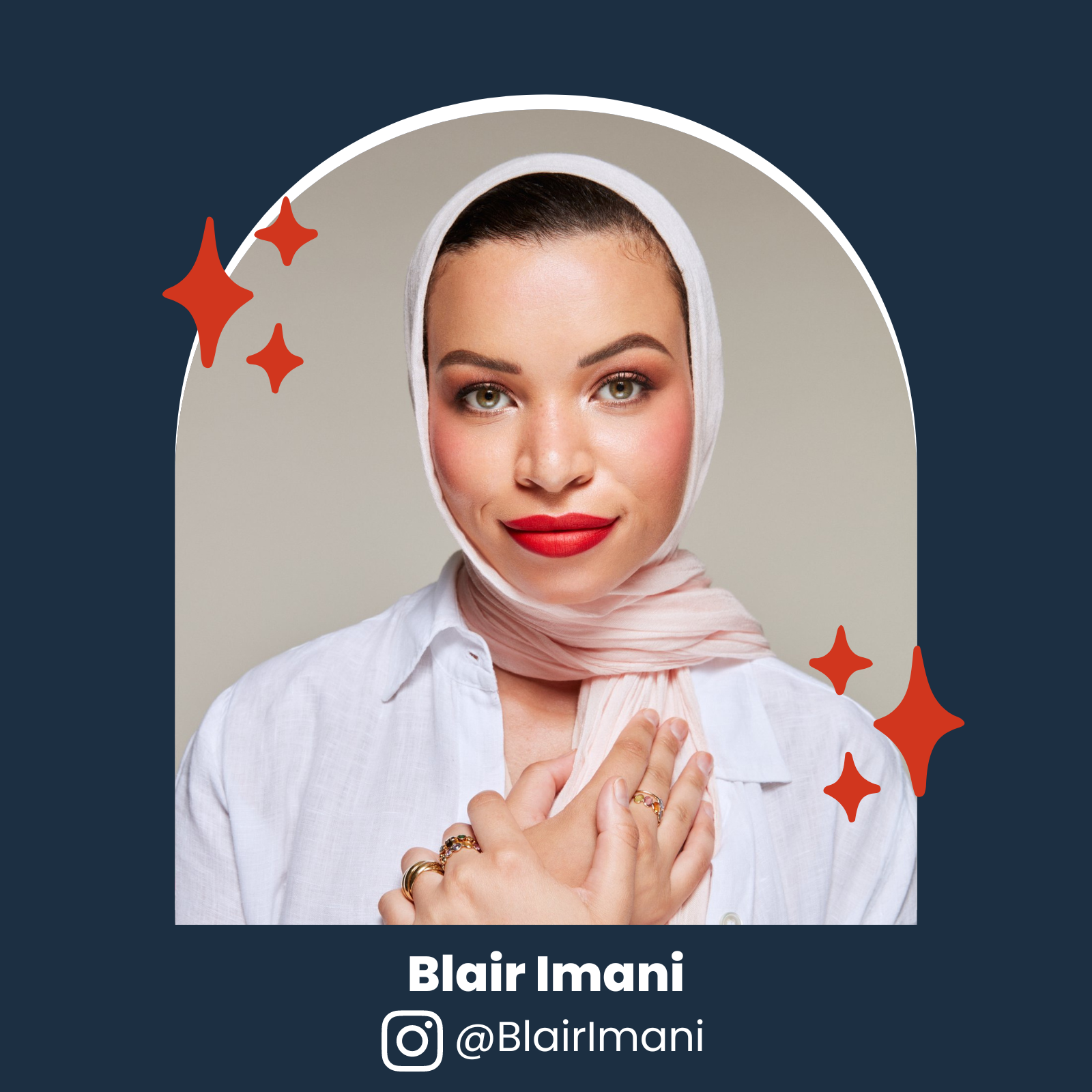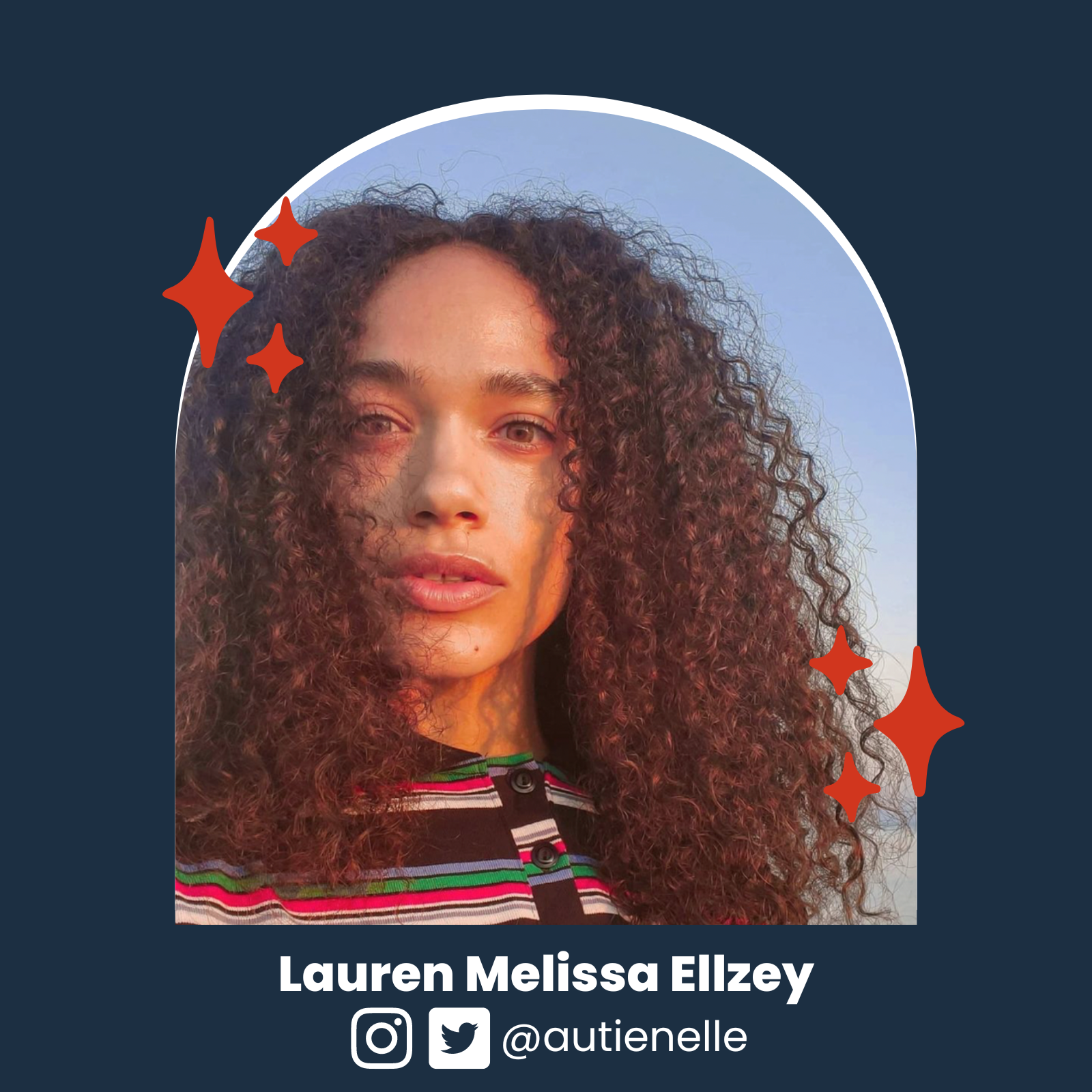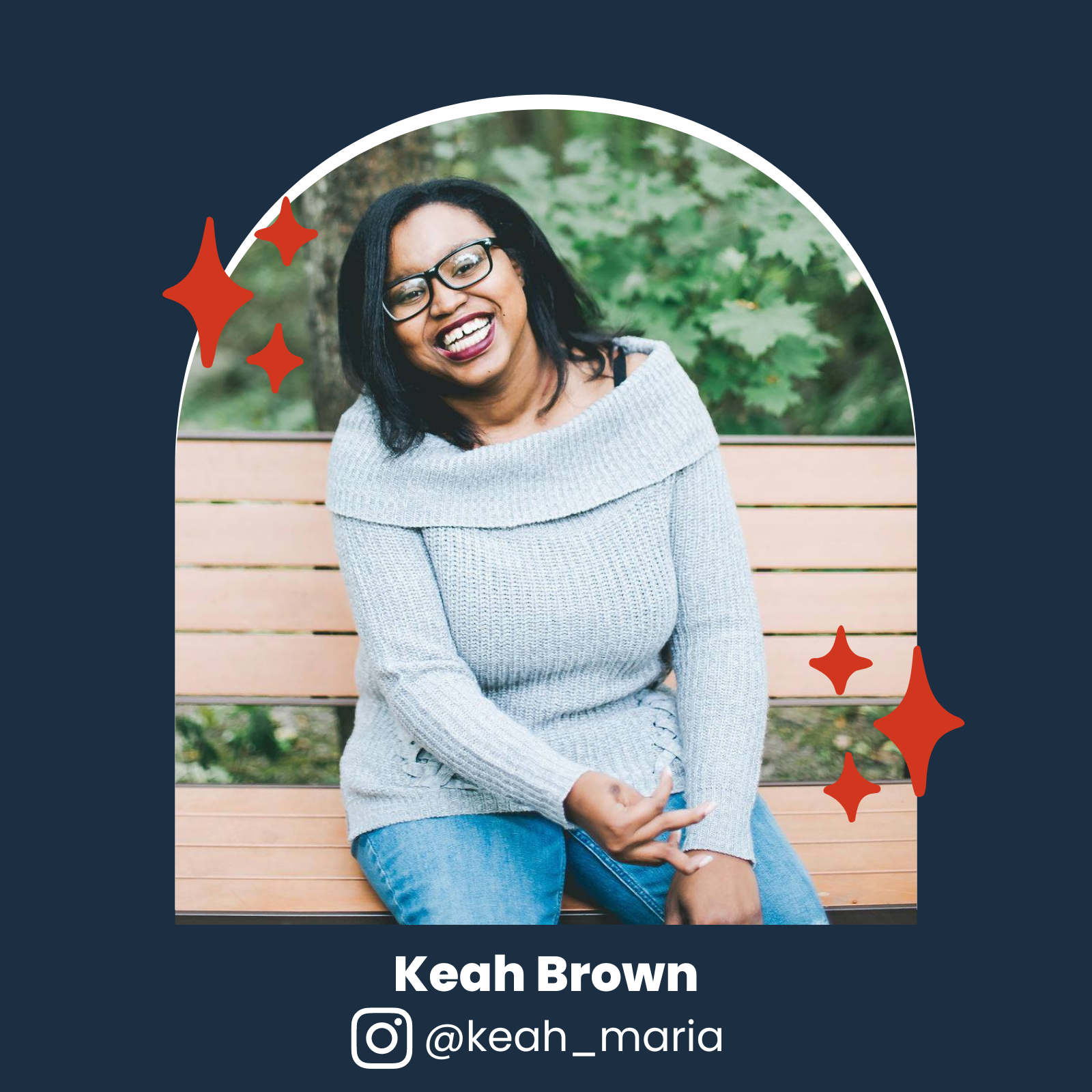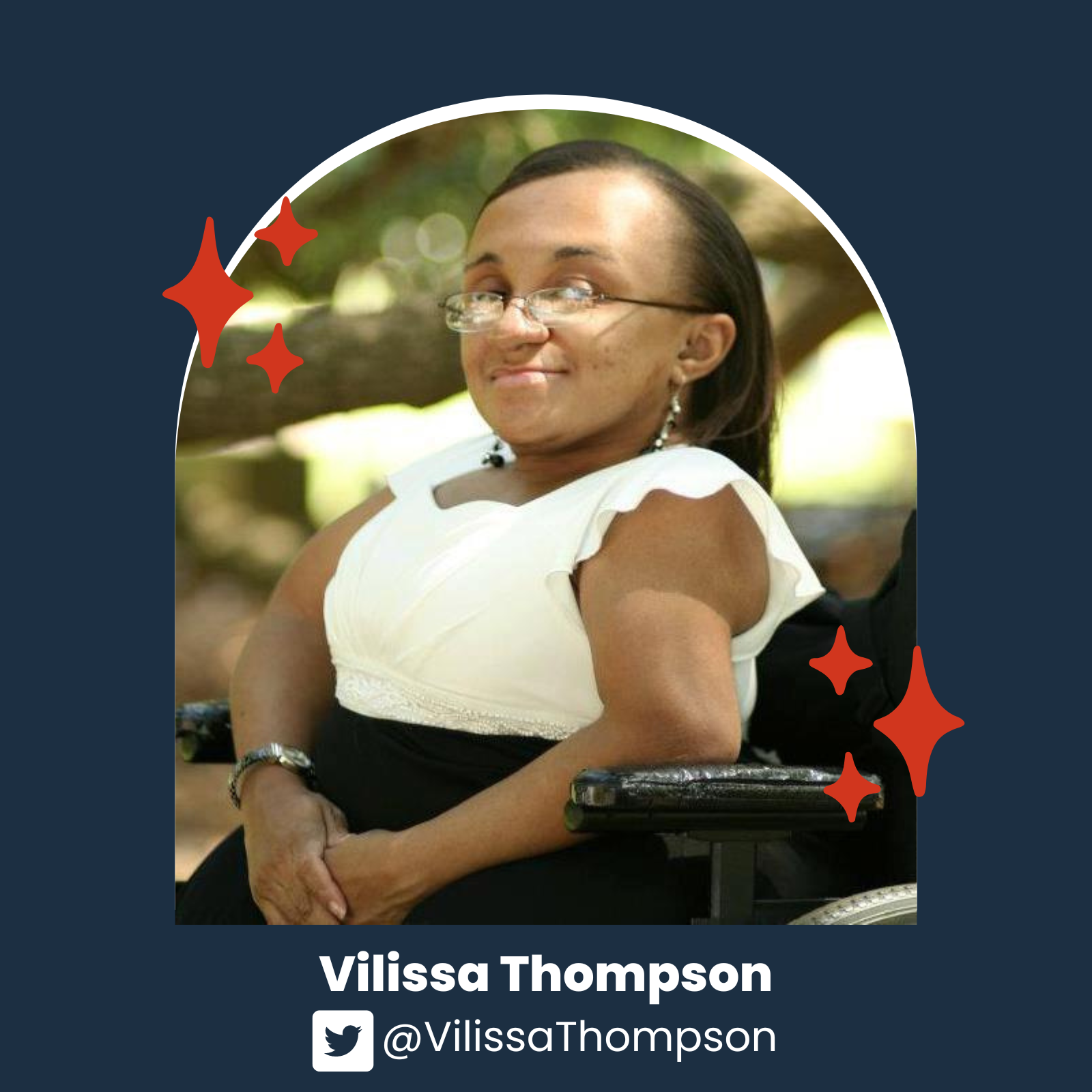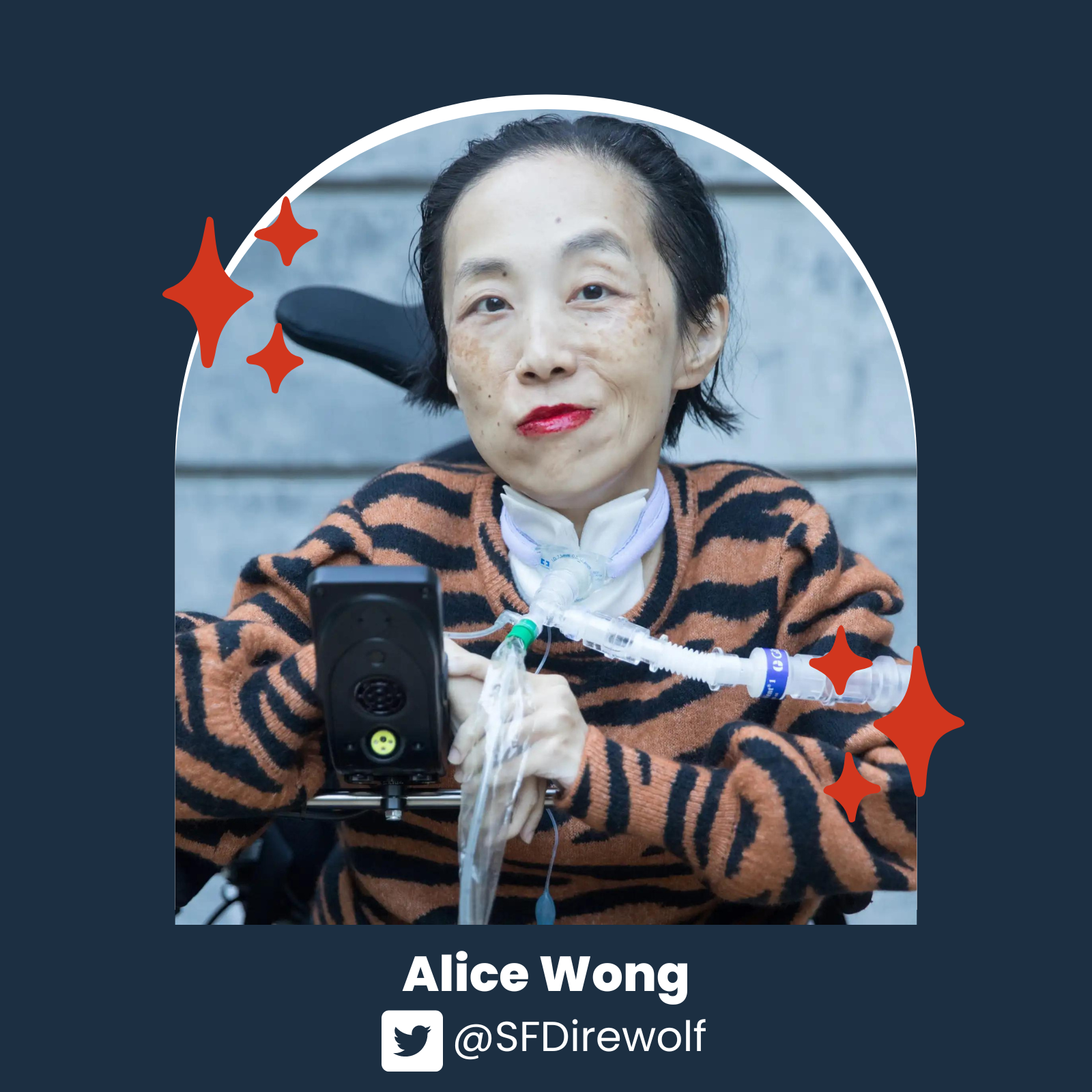One of the easiest ways I have been able to expand my knowledge about different disabilities, as well as social justice issues, is through the power of social media. While places like Instagram were not designed to be spaces for education and activism, creators of all kinds have the potential to meet consumers, learners, and casual scrollers where they are at in their own journeys.
For me, intentionally diversifying my follow lists has been a huge boon to my life and has challenged the way I view the world. At first, most of who I followed were tried and true autism organizations, local news organizations, or celebrities. But that isn’t where I wanted to get all my information from, and in the educational space, I value learning and growing. I am able to do that both actively and passively on social media in between viewing what is going on with my friends’ lives. It is a very cool way to stay engaged, and an easy way to gain new perspectives.
Telling our stories online matters – it humanizes disability for the nondisabled, and for disabled folks, it also creates community and belonging.
However, something I always like to point out about content creators in particular is that we are not just accounts or resources, but actual people who either do content creation as full-time jobs (especially disabled folks, who may face additional barriers to traditional employment), and are multiply-marginalized. Often, the work is emotional, highly appreciated and valued, and underpaid or unpaid. If you’d like to say “thank you” to the influencers and creators who primarily educate you, I recommend pitching in a few dollars if they have a Patreon, engaging with their sponsored content so they can afford to keep putting out free-to-access stuff that all of us to benefit from, or continue to spread the word by sharing their account. Likes, shares, comments, and saves are currency in the online world for small businesses, creators, and others. Disabled creators can risk shadow bans and have their content be hidden just like others. Pulling from my experience, it goes a long way every time someone has something nice to say or share the information I’m putting out into the world with others!
Here Are Some Folks I’d Love For You to Follow & Learn From
If you’ve ever joined me for a DE webinar, you might’ve heard me say something along the lines of “seek out people who do not look or sound like you, from different backgrounds with diverging perspectives.” When putting together this list, I wanted to uplift people who are primarily silenced or unheard within the disability discourse: women, trans and nonbinary people, and racialized folks.
Blair Imani
While not all of Blair’s work is around disability, Blair is an intersectional educator whose “Smarter in Seconds” series on Instagram has helped me learn so much about my own communities, social issues, and disability. I also loved the disability section of her book, Read This To Get Smarter. What makes “Smarter in Seconds” so special is Blair brings in other creators affected by the issues, or who are also marginalized, to do the educating alongside her while helping to elevate their voices. I have discovered so many amazing folks through Blair, and she continually challenges me when I need it most. As she often says, “Learning is a blessing.”
Lauren Melissa Ellzey
I had the pleasure of interviewing and speaking with Lauren Melissa on the Spectrumly Speaking podcast, and I’ve also been familiar with her work for years. I was resisting the temptation to make this an autism and neurodiversity list, but I absolutely had to mention Lauren Melissa. She’s been featured in Blair’s “Smarter in Seconds” series, and her videos about normalizing stimming and showing her dances have made me feel more comfortable about the way my autistic body and brain move, too. I can point to at least one Twitter thread she’s posted that made me go, “Wow, she said all the things I’ve been thinking but I didn’t know how to put the words together!” This thread on self-advocacy alone hit me deeply.
Keah Brown
I have been re-reading Keah Brown’s debut book, The Pretty One, and like her, it is a delight. Keah has cerebral palsy and unapologetically loves herself and focuses on disabled joy. Her first hashtag, #DisabledAndCute, went viral. The introduction of her book talked about the importance of storytelling for marginalized disabled folks who are often left out:
“In the rare event Hollywood decides to depict us, we are seen only as white male wheelchair users who hate themselves. There is nothing inherently wrong about telling the stories of the white and male wheelchair users – their stories are important – but there are also other stories worth telling.”
As a journalist and screenwriter as well, Keah really makes sure disability is being represented and our stories are being told.
Vilissa Thompson
Going back to my previous comment, I would be remiss if I do not mention the work of Vilissa Thompson, who coined the hashtag #DisabilityTooWhite to talk about the messy intersectionality politics within the disability community. Her work has sparked academic conversation, as well as inter-community reckoning. With a wide reach, Vilissa has penned op-eds with congressional leaders, and consulted on political candidates’ disability policy platforms. Vilissa has absolutely challenged me.
BTW, she and Keah Brown (mentioned earlier) did this extremely cool roundtable on disabled Black girl magic for Bitch Media. I absolutely loved reading their conversation!
Alice Wong
Alice Wong’s work should be required viewing and reading for everyone. If you’re new to disability, Alice is probably the first person you should be following. The Disability Visibility Project is a history and community of disabled joy, rage, love, and so much more. Alice is kind and vulnerable enough to share her feelings with us. Her partnerships with #CripTheVote, Access Is Love, and Disabled Writers all aim to elevate disabled folks in all sorts of conversations surrounding politics, accessibility, and within journalism to make sure that representation truly happens.
Alice’s commitment to raising the voices of others continually inspires me. I do not like to use “inspiration” to describe anyone with disabilities, but how Alice elevates others and shares her platform at both the DVP and in the Disability Visibility anthology (before writing her new memoir, Year of the Tiger) actually is downright awesome and inspiring to me. It reminds me how much work there is to do.
But That’s Not All!
There are countless others I could continue to list, and even more people who I’ve yet to run across on social media. But, that is the beauty of social media. It offers you the ability to constantly diversify your feed and expand your viewpoints. I’ll leave one resource that gave me additional inspiration – the Teen Vogue Disability In(Justice) series, which kicked off with introducing readers to 11 disability justice activists and what the term means.
While these are just a few of my favorites, feel free to share yours in the comments below so we can uplift these voices and give light to these incredible creators.
About the Guest Author
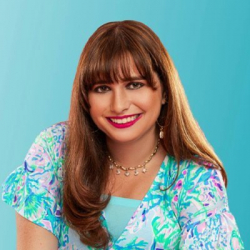
Haley Moss, Esq.
Haley Moss made international headlines for becoming the first documented openly autistic attorney admitted to The Florida Bar. She received her Juris Doctor from the University of Miami School of Law in 2018 and graduated from the University of Florida in 2015 with her B.S. in Psychology and B.A. in Criminology. Haley is a speaker, educator, scholar, and consultant on neurodiversity at work, the Americans with Disabilities Act, autism, and disability-adjacent topics.

